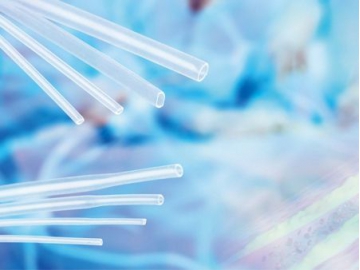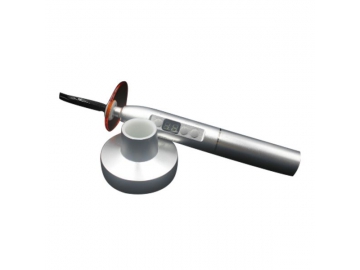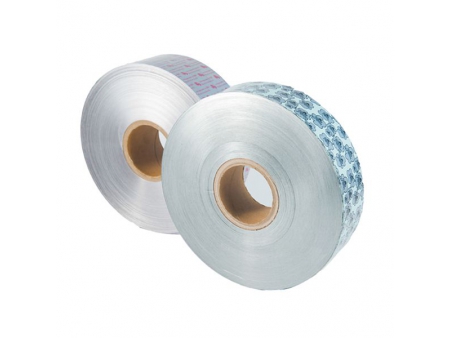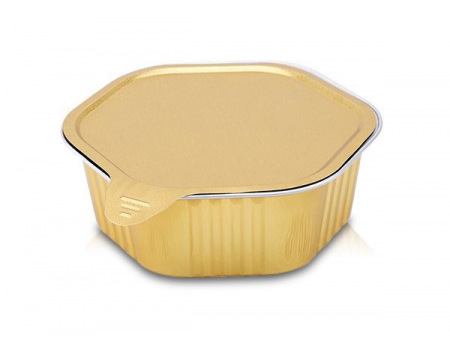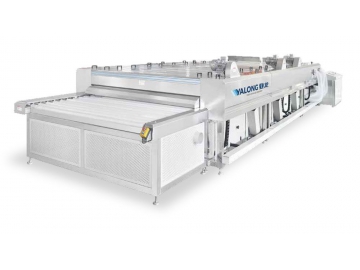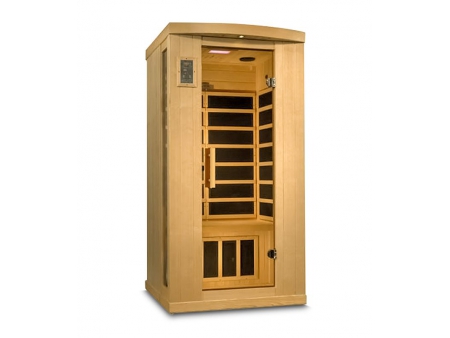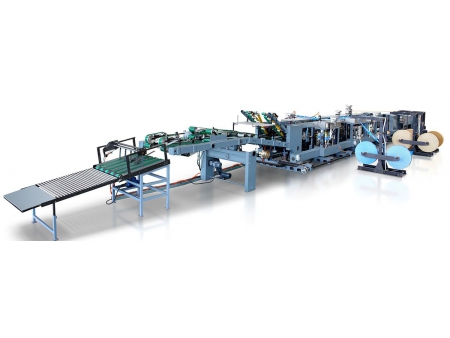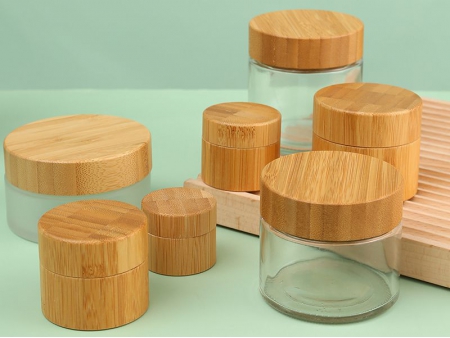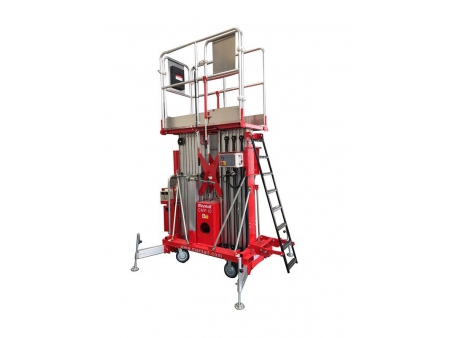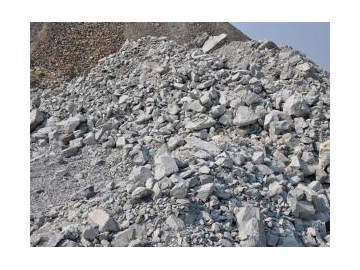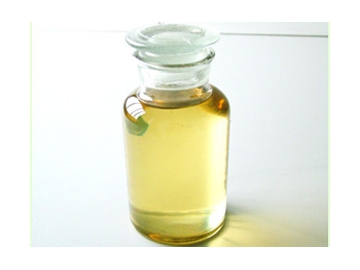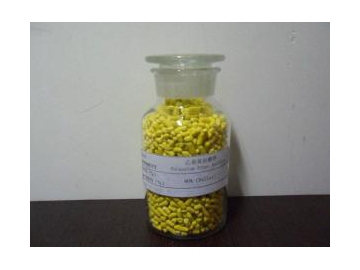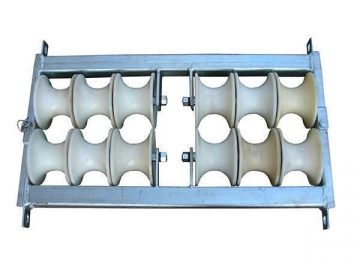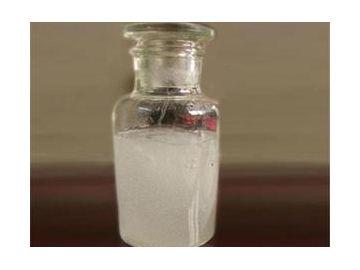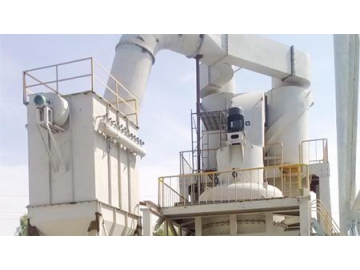Gold Flotation Separation Line
Flotation is considered to be one of the most widely applied methods for beneficiation of lode gold ore in gold concentration plants. In China, more than 80 percent of lode gold ore dressing plants make use of this method. The method is primarily used for separation of gold-bearing sulfide mineral with high floatability. It is also suitable for treatment of highly floatable sulfide ore containing small gold particles and quartz vein ore, gold-bearing polymetallic sulfide ore and carbonic ore.
Our flotation process separates gold form worthless material of other valuable minerals by inducing the gold to gather in the sulfide mineral by maximum degree. The tailings can be directly discarded. In this way, the separation cost gets reduced significantly.
In China, the floatation process usually involves one-stage grinding and flotation for separation of valuable minerals, while stage grinding and flotation is feasible for minerals with non-uniform dissemination sizes.
Application Case
In a gold mine in Yunnan, the major component of the ore was pyrite. The gold particles were pretty small and they are also tightly connected with metal sulfide minerals. The plant employed a flotation process requiring one rough concentration, two fine separations and two scavenging. However, the results were not good since the surface of allemontite could be oxidized easily and then adsorbed a large amount of flotation reagents.
Later, they reached to us for updating the process. Our technical staff identified the problems with their production process and made some technical improvements to accommodate the actual production conditions. We adopted stage grinding and stage flotation in the new process. For minerals with high content of impurities, we managed to collect the valuable minerals and abandon worthless minerals as soon as possible. Instead of discarding tailings at the outlet of hydrocyclones, we chose to get rid of the them right after flotation, which was beneficial to process smoothness and facilities easy operation. Moreover, we optimized the number of devices used and the amount of reagents. The structure of the flotation machine was improved as well. As a result, higher efficiency of flotation was achieved, which meant that gold concentrate grade and recovery were enhanced tremendously.
Various indexes of final products before and after improvement are given in the table below.
| Product Name | Gold Concentrate Grade / ( g/t ) | Gold Recovery/% | |
| Before Improvements | Gold Concentrate | 33.35 | 90.62 |
| Tailings | 0.68 | 9.38 | |
| Raw Ore | 3.32 | 100 | |
| After Improvements | Gold Concentrate | 34.38 | 81.80 |
| Tailings | 0.34 | 19.20 | |
| Raw Ore | 3.30 | 100 |








